I’m going to type a sentence I’ve never typed before. A few days ago a panel discussion profoundly moved me. Yes, a gathering of political wonks and nerds (sorry y’all, but we are) turned into a moment of catharsis and solidarity. I can’t give many details because the gathering was under the Chatham House Rule (“share the information you receive, but do not reveal the identity of who said it.”)
I can tell you that the attendees spanned the ideological spectrum. This was no gathering of “moderates.” Our common purpose, however, is the preservation of the United States of America as a pluralistic constitutional republic. One of the first morning panels was a discussion of illiberalism. There was of course (as there has to be) a discussion of illiberalism from the right, but one of the panelists brought up the ordeals on the left.
Virtually every person had read Ryan Grim’s now-famous piece in The Intercept describing how ideological “meltdowns” had “brought progressive advocacy groups to a standstill.” The combination of “call-outs” and cancellations had rendered people fearful. Managing staff had become almost impossible. People didn’t know who they could trust.
Could any conversation, even one conducted in the utmost good faith, destroy your career or reputation if one of the participants found it offensive, according to rapidly-shifting standards of offense?
The catharsis was important enough, but it was the solidarity that was truly important. The folks in that room were and are friends. We like and respect each other across sometimes-vast differences of opinion. I’ve described grace as something human beings need, like air or water. But actual friendship is just as necessary. There is a sacred quality to the trust and security that exists when friendship is genuine.
As I listened to the conversations, and I saw friends open up to each other about their experiences, fears and concerns, a thought popped into my head—this is how fundamentalism fails.
By “fundamentalism,” I’m not referring to any specific theology. Fundamentalism instead refers to a mindset, a kind of fierce existential certainty that’s echoed in the old religious maxim, “Error has no rights.” And as I’ve argued before, you can’t truly understand our contentious times unless you have experience with or knowledge of fundamentalist movements and fundamentalist faiths.
Fundamentalism begins with a righteous idea. The righteous idea provides a person with a powerful sense of virtuous purpose, and history shows that the nature of the righteous idea is limited only by the imagination of man. The righteous idea can be very good indeed. Indeed, there are times when the better the idea, the worse the fundamentalism.
Take secular anti-racism. Opposition to racism is among the very best of ideas. Understanding the reality and legacy of American racism is an urgent moral imperative. Religious fundamentalisms often center around eternal values (heaven or hell is at stake) but also around the very fate of temporal kingdoms (God will bless or curse this nation.)
In the early stages, fundamentalism can be invigorating. It's an antidote to a life devoid of purpose and dedicated to selfish pursuits. In free and prosperous nations, it doesn’t take long to understand that consumer goods provide merely momentary pleasure. In libertine cultures, millions soon learn that sex divorced from love and commitment is ultimately a source of profound loneliness and deep pain.
And then there’s the presence of persistence in injustice. The word “woke” has meaningful roots. What happens when you suddenly become aware of atrocities past and present? If you’ve never heard of, say, the Tulsa Race Massacre, doesn’t something stir inside of decent people when they read that story? Could that be called an awakening?
But there’s always a time when the awakened man or woman—no matter the righteous idea they’re awake to—faces a defining choice. We’ll call it the choice between the open hand or the closed fist. Do you verbally, emotionally, and sometimes even physically punch your way into the public square, or do you approach with compassion, grace, and humility—often knowing that you are speaking to people who were just like you days, weeks, or years ago?
And if you changed once, how do you know that you’re finally righteous now? Shouldn’t you be open to changing again?
When fundamentalism arises in your own community, it can be profoundly painful and disorienting. People who were friends will call you enemies. They’ll warn others not to associate with you. In the church tradition I grew up in, there was even a practice called “chain disfellowshipping.” It worked like this: If I believed the right things but did not end my friendship with an apostate in the church, then I could face my own church discipline.
Combine these attacks with the constant repetition of the righteous idea, and fundamentalism quickly becomes conflated with the idea itself. This is what it means to be Christian. This is what it means to be Muslim. This is what it means to be anti-racist. And when you have questions or concerns, you feel as if you’re not just being punched straight out of your community, you’re being punched out of your faith, your party, or your very life’s purpose.
Because fundamentalism is very good at capturing institutions, it’s then easy to feel both wounded and homeless at the same time. And while you’re reeling in pain, other people are sneering in contempt. You were never a Christian. You were never one of us. You are weak, they say—even when the hardest and most dangerous thing you’ve ever done in your life might be to say no to your own community when you know they’ve gone awry.
But if this is the reality, how does fundamentalism fail? Because the bruised reeds and the wounded souls find each other. The community of the closed fist ultimately creates a community of the open hand. We were not created to be despised, to be hounded, and to be hectored into righteousness. Instead, our souls long for actual love and true fellowship.
And you’ll find it in unlikely places—like in a hotel conference room when someone is brave enough to take a risk and share their heart, or even in toxic places like Twitter, where battered spiritual or ideological refugees can forge unlikely friendships. I’m grateful to see it happen here, at The Dispatch, when members meet online and in real life.
I can’t tell you how many Christian skeptics I’ve known who connected with Jesus the moment they read John 8. It’s one of the most famous stories in the world. A woman is caught in adultery, and the law is crystal clear. She’s to be stoned to death. The teachers of the law ask Jesus what should be done.
You know the rest. “He that is without sin among you,” Jesus said, “let him first cast a stone at her.” It is fascinating that scripture says all her accusers left, starting with the older men. They’d lived long enough to know who they really were. And in a moment condemnation became forgiveness and death became life.
Moments don’t have to be that dramatic for a person to feel an almost sacred moment of relief when they encounter actual humility and grace. Humility is the basis for dialogue. It tells two imperfect people that there is space for disagreement. Our knowledge, after all, is finite. Can we not learn from each other?
Grace is also indispensable. Since our failure is inevitable, grace is what keeps us in relationships. And grace is not license. It acknowledges wrong. I can’t remember who said these words (Google has failed me), but the forgiveness of sins is not the same thing as permission for sins.
But that makes grace all the more potent. There’s no comparison between being told you’ve done nothing wrong versus the overpowering relief and joy of encountering love in spite of your sin. Ultimately, fundamentalism—for all of its punitive power—simply cannot compete with grace in the contest for the human heart.
One more thing …
It’s Christmas season, and that means it’s time to share my favorite Christmas carol. It’s also one of my favorite hymns and one of my top 10 songs of all time. It’s called “I Heard the Bells on Christmas Day,” and in 2020 I wrote about it in Time. Henry Wadsworth Longfellow wrote the poem that became the song after he lost his wife in a terrible, tragic fire and after his son, a Union soldier, suffered serious wounds in a skirmish in the Mine Run Campaign in Virginia. Here’s what I wrote:
The birth of Jesus signified the certainty of ultimate victory over sin and death, not the hope of immediate triumph. Indeed, for much of Jesus’s life and ministry sin and death seemed ascendant. One can imagine, at the foot of the cross, his tiny band of remaining followers bowing their own heads and declaring there is no peace, that hate is strong.
But Longfellow knows about the resurrection. He knows how the biblical story truly ends, and his magnificent poem ends with an expression of eternal hope:
Then pealed the bells more loud and deep:
“God is not dead, nor doth He sleep;
The Wrong shall fail, The Right prevail,
With peace on earth, good-will to men.”
And here’s my favorite version. A narrator tells the story first, then a choir sings. I hope it blesses you as much as it always blesses me:
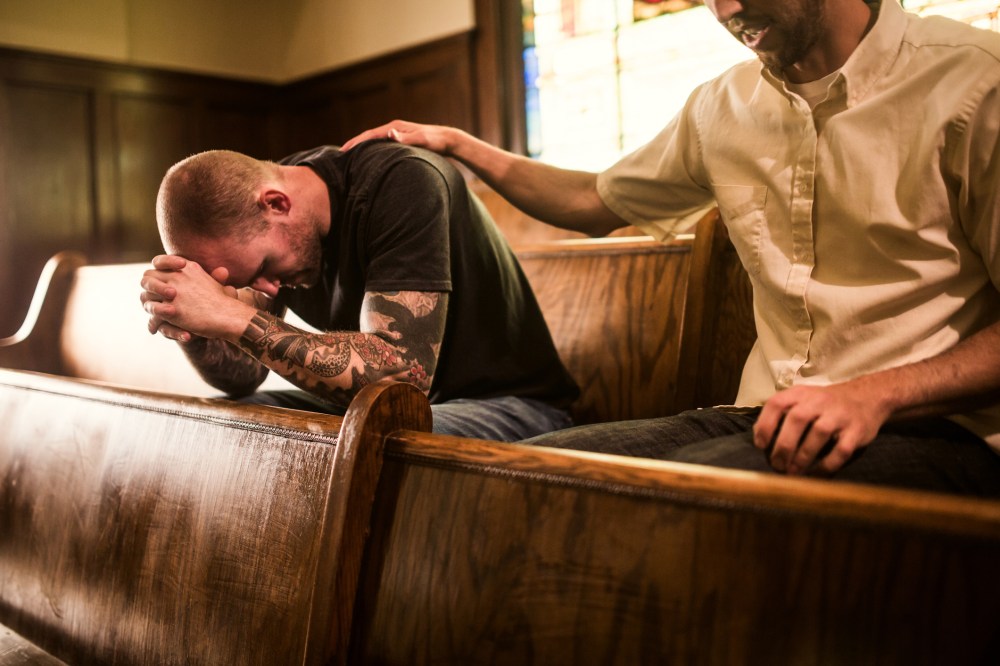

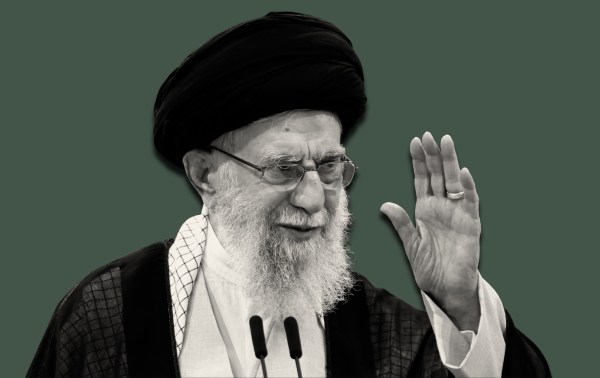
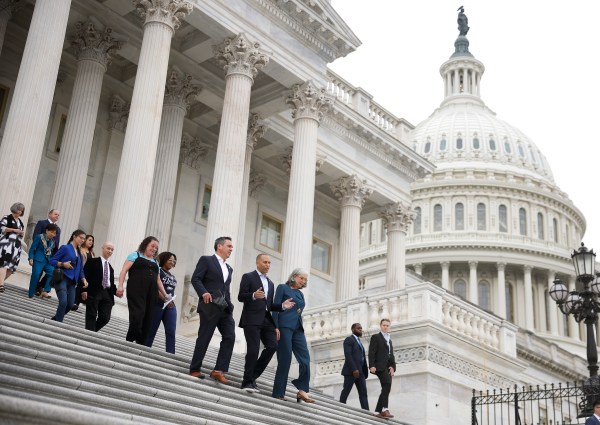

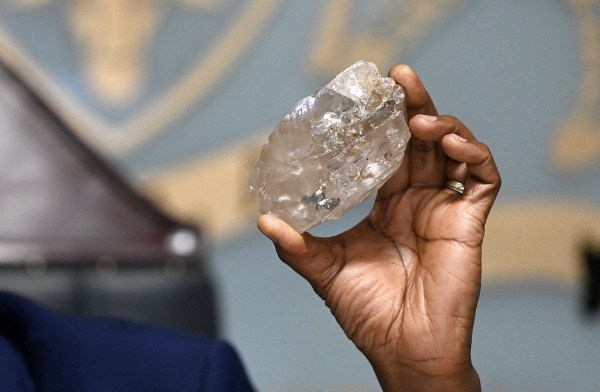
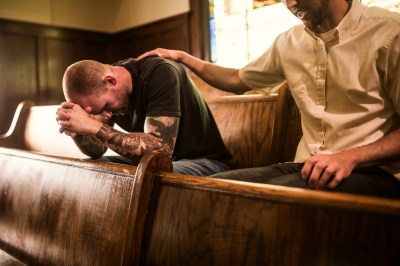
Please note that we at The Dispatch hold ourselves, our work, and our commenters to a higher standard than other places on the internet. We welcome comments that foster genuine debate or discussion—including comments critical of us or our work—but responses that include ad hominem attacks on fellow Dispatch members or are intended to stoke fear and anger may be moderated.
With your membership, you only have the ability to comment on The Morning Dispatch articles. Consider upgrading to join the conversation everywhere.